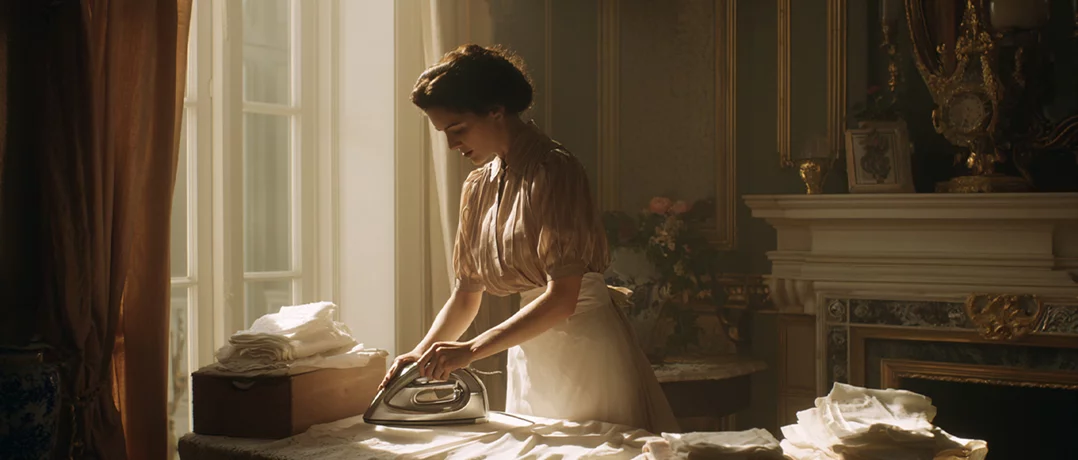In Russia, a femininity school rebrands submission as empowerment, turning patriarchy into empowerment.
The Russian academy of private life

In modern Russia, a quiet revolution is unfolding not on the streets, but in private salons, hotel conference rooms, and marble-floored academies where women are promised “the art of being feminine.”
A School for femininity
Founded in the early 2000s by psychologist Larisa Renar, The Academy of Private Life has become one of Russia’s most successful and peculiar institutions. It claims to have guided more than 150,000 women through courses such as “Flirtation from A to Z,” “The Art of Walking Beautifully,” and “How to Use Your Intimate Muscles.”
Its curriculum blends Eastern mysticism, Orthodox Christianity, Jungian psychology, and sexology into one central idea: women can find happiness by rediscovering their “natural feminine energy.”
Yet beneath the soft tones and candle-lit workshops lies a deep contradiction. A century after the Bolsheviks fought to liberate women from domestic servitude, many Russian women are now paying to learn how to re-enter it voluntarily, elegantly, and “spiritually.”
From revolution to reinvention
When the Soviet Union was founded, Lenin’s government made gender equality a cornerstone of its social project. Women were granted access to higher education, paid maternity leave, legal abortion, and the right to divorce. By the 1970s, they made up more than half of the Soviet workforce and formed the majority of the country’s doctors.
But liberation carried a double burden. Soviet women were expected to be both productive workers and perfect mothers, while men often retained traditional privileges. After the U.S.S.R. collapsed, the economic turmoil of the 1990s pushed women into survival mode, working, hustling, and supporting families as many men succumbed to unemployment, alcoholism, and despair.
Out of this exhaustion emerged a new fantasy: “civilized patriarchy.” The dream shifted from equality to comfort from independence to the hope of a wealthy, reliable man and the freedom to be “feminine” again.
The business of femininity
The Academy of Private Life capitalised on this yearning. Its teachings divide women into symbolic archetypes: the childlike muse, the seductive lover, the regal queen, and the domestic caretaker. Women are taught that fulfillment lies in mastering these “energies” and deploying them strategically playfulness to attract attention, softness to maintain harmony, and self-discipline to preserve order at home.
Instructors warn that relationships fail when this balance is lost when a woman becomes too assertive, too independent, or too rational. According to this philosophy, female power stems not from equality with men but from inspiring and motivating them. The message is less about oppression than adaptation: in a society where patriarchy prevails, emotional intelligence becomes a survival skill.
The illusion of choice
For many participants, the academy’s philosophy offers both comfort and control. It gives meaning to compromises required to thrive in an unequal society. By rebranding dependence as self-awareness and subservience as spiritual wisdom, it promises a form of liberation that does not challenge the structure it reinforces.
In today’s Moscow, the legacy of Soviet feminism has been replaced by something sleeker and more seductive. Liberation has been reimagined as luxury, and empowerment now wears the face of submission.
The dream is no longer to be equal it is to be adored.



